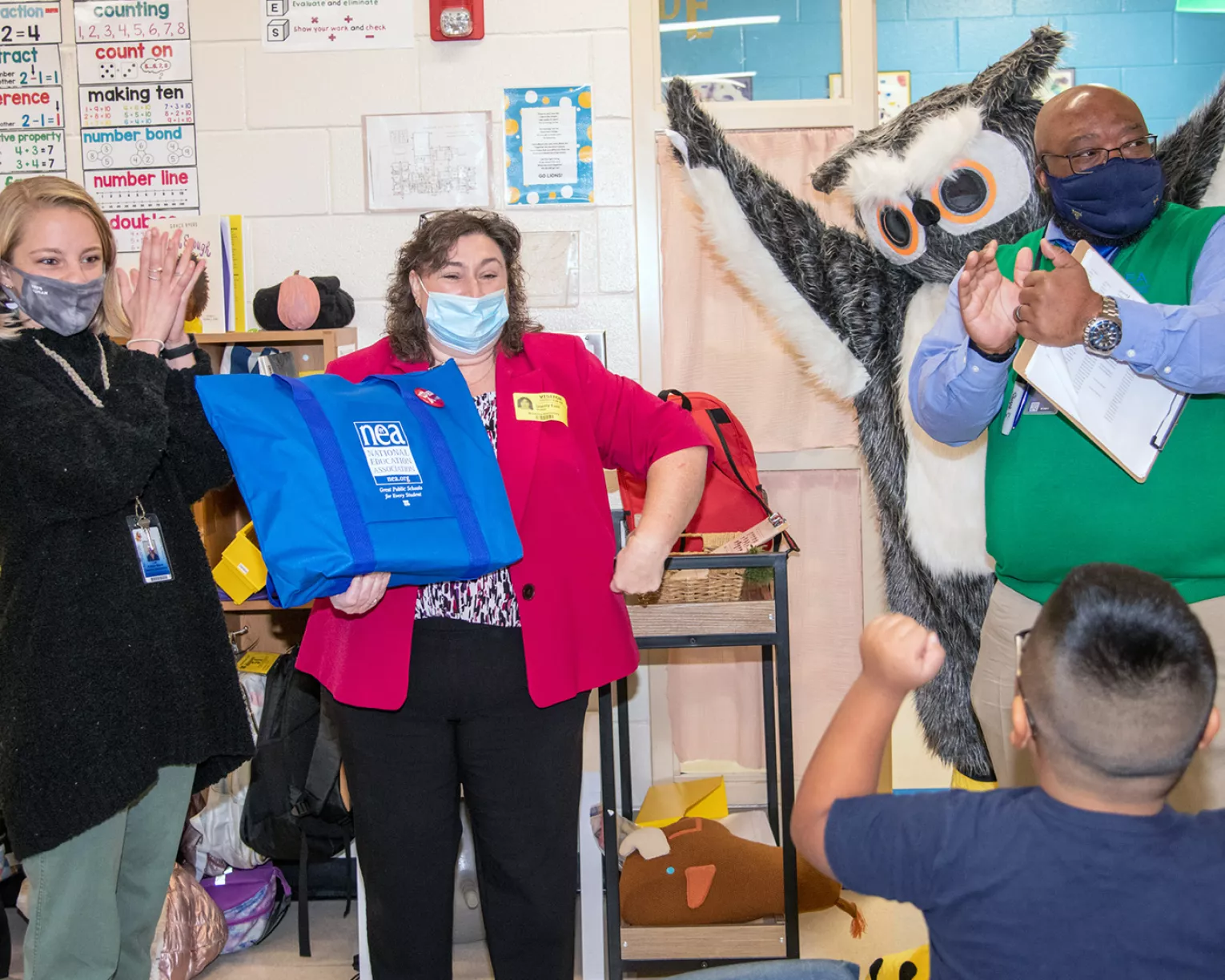Testing can be nerve-wracking – for both you and your student. Understanding the “high-stakes” tests your child takes at school can help him or her achieve more positive outcomes.
Parents can work together with teachers to better prepare students for quizzes, exams and state-required achievement tests. You should ask the following questions to know what to expect from the tests students take at school, and how they relate to your child’s education:
- How does the material my child learns in class relate to what is covered on tests?
- In what other ways does the school—and my child’s teacher—measure how well my child is learning?
- How much time does my child spend taking tests during the school year?
- Does my child’s performance on state-required achievement tests match his performance in the classroom? (If an achievement test is not well matched to what your child is being taught at school, he could score poorly on the achievement test while still making good grades.)
- How does the school—and my child’s teacher—use test results?
Inspiring your student to love learning is a true measure of success – but testing is a part of how teachers evaluate students learning in school. To help prepare your child for testing, you should:
- Make sure your child attends school every day so he can learn what is needed to do well in school—and to do well on tests.
- Take an interest in your child’s school work and in the results of the tests she takes in school.
- Encourage your child to do his best on tests.
- Provide a quiet place at home for your child to do homework assignments that reinforce what she is learning at school.
- Use reading time at home to increase your child’s interest in reading and help him or her build the skills needed to do well on tests.
- Don’t judge your child’s abilities—or let others judge your child’s abilities—on the basis of his score on a single test. Any test provides limited information about what your child knows and is able to do.
It’s important to help your child feel ready for testing but also teach them to develop a love of learning. Parents and teachers can work together to do what’s best for students and prepare them for the next step – with a well-rounded education!
Use Your Educator Voice.
